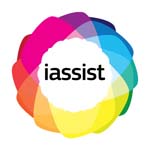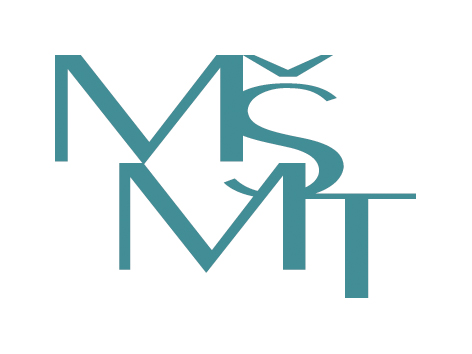Data: Data is quantified data. In the social sciences they can be, for example, primary data from quantitative social surveys, transcripts of qualitative survey interviews, collected documents, tabular overviews, observational records, audio recordings, video recordings, photographs, slides, digitized objects, diaries, administrative databases, records of test results, methodologies, descriptions of procedures, implementation protocols, questionnaires, code lists, models, algorithms, literary texts, and practically any human creations, their samples, specimens, etc. in digitized and material form.
Data Documentation Initiative (DDI): a project of the social science community intended to establish an international standard and methodology for describing the content, presentation, transport, and storage of dataset metadata in the social and behavioral sciences. More information here.
Data catalogue: a directory containing research data and related materials such as metadata or press releases
Data set: the primary source of data that is the result of scientific research. The most common formats are Excel, SPSS, Stata, or R.
European Language Social Science Thesaurus (ELSST): a thesaurus for the description of its data sets in the social sciences
Metadata: information describing important aspects (e.g. the content, context, and structure of information) of a resource, in our case a data file.
Nesstar: a web-based system and data catalogue that allows you to search and view data and its documentation, perform online analyses, and download data files.
Open data: "… information published in a manner enabling remote access in an open and machine-readable format, the manner and purpose of which is not restricted and which are registered in the national catalogue of open data." (Paragraph 11 of Act No. 106/1999 Coll. On free access to information)








